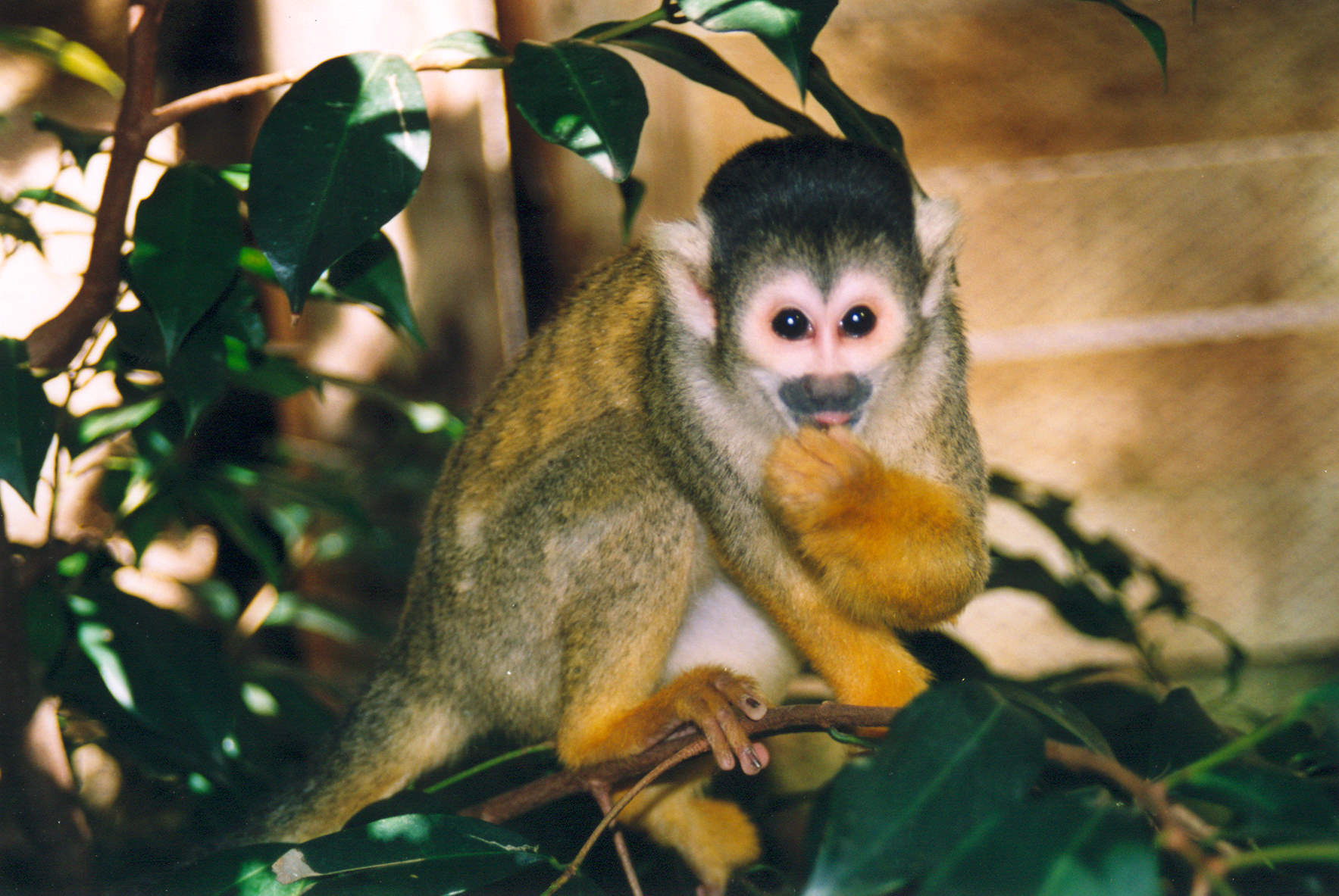Living Planet Report
The Living Planet Report From the WWF Global The Living Planet Report is the world’s leading, science-based analysis on the health of our planet and the impact of human activity. Knowing we only have one planet, WWF believes that humanity can make better choices that translate into clear benefits for … Continue reading




